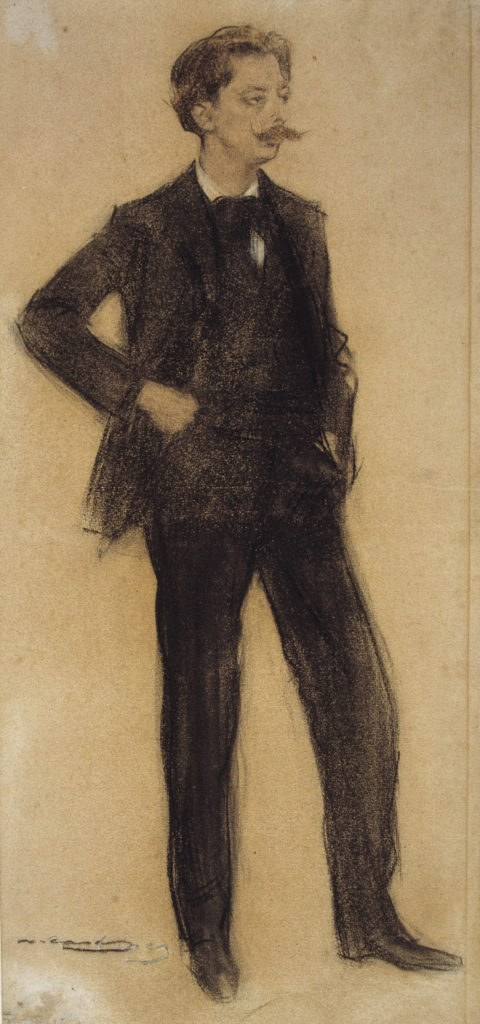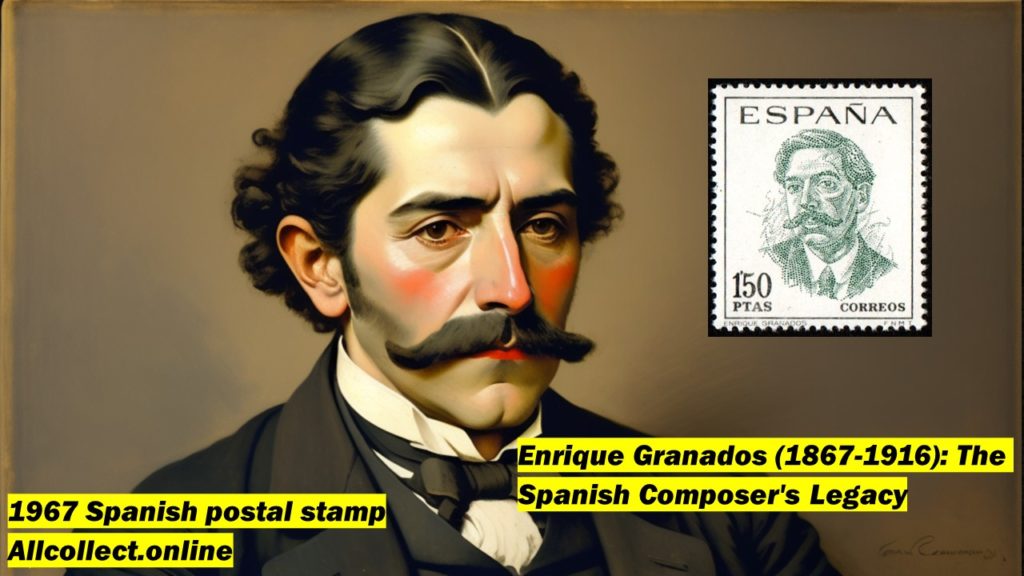Born on July 27, 1867, in Lleida, Catalonia, Enrique Granados stands as a crucial figure in the realm of Spanish Romantic music. His life, marked by significant accomplishments and contributions, provides a comprehensive understanding of his influence on Spanish musical heritage.

Granados began his musical journey in Barcelona, a city known for its rich cultural milieu. His innate talent and thirst for knowledge soon led him to Paris. In this artistic hub, Granados expanded his musical horizons and incorporated diverse techniques, which he later seamlessly blended with traditional Spanish motifs.
Arguably, Granados’ magnum opus is the piano suite “Goyescas.” This composition, deeply inspired by the artworks of Francisco Goya, captures the essence of Spanish culture. It is a harmonious blend of visual art and sound, offering listeners an immersive experience of Spanish traditions. Recognizing the potential of “Goyescas,” Granados adapted this suite into an opera, which received its premiere in New York in 1916 to critical acclaim.
In addition to his prowess as a composer, Granados was a visionary in the field of music education. Recognizing the importance of structured learning, he founded the Granados Academy in Barcelona. This institution aimed to provide quality musical education and mentorship to young talents. Over time, the academy’s significance grew, leading to its eventual integration with the renowned Barcelona Conservatory.
Granados’ contributions to the world of music were not limited to compositions and education alone. He was an active participant in the cultural exchanges of his time, collaborating with fellow musicians, and often performing his pieces. His performances were known for their depth and emotion, often leaving audiences mesmerized.
Tragically, the life of this luminary was cut short in an unforeseen event. In 1916, after the premiere of his opera “Goyescas” in New York, Granados boarded the Sussex, intending to return to Europe. However, in a grim turn of events, the ship was torpedoed by a German U-boat in the English Channel. This incident resulted in Granados’ untimely demise, robbing the world of a musical genius.
A tangible piece of Granados’ legacy is a portrait painted by Ramon Casas. This artwork, depicting Granados deep in contemplation at a piano, serves as a poignant reminder of his dedication to his craft and his enduring influence on Spanish music.


